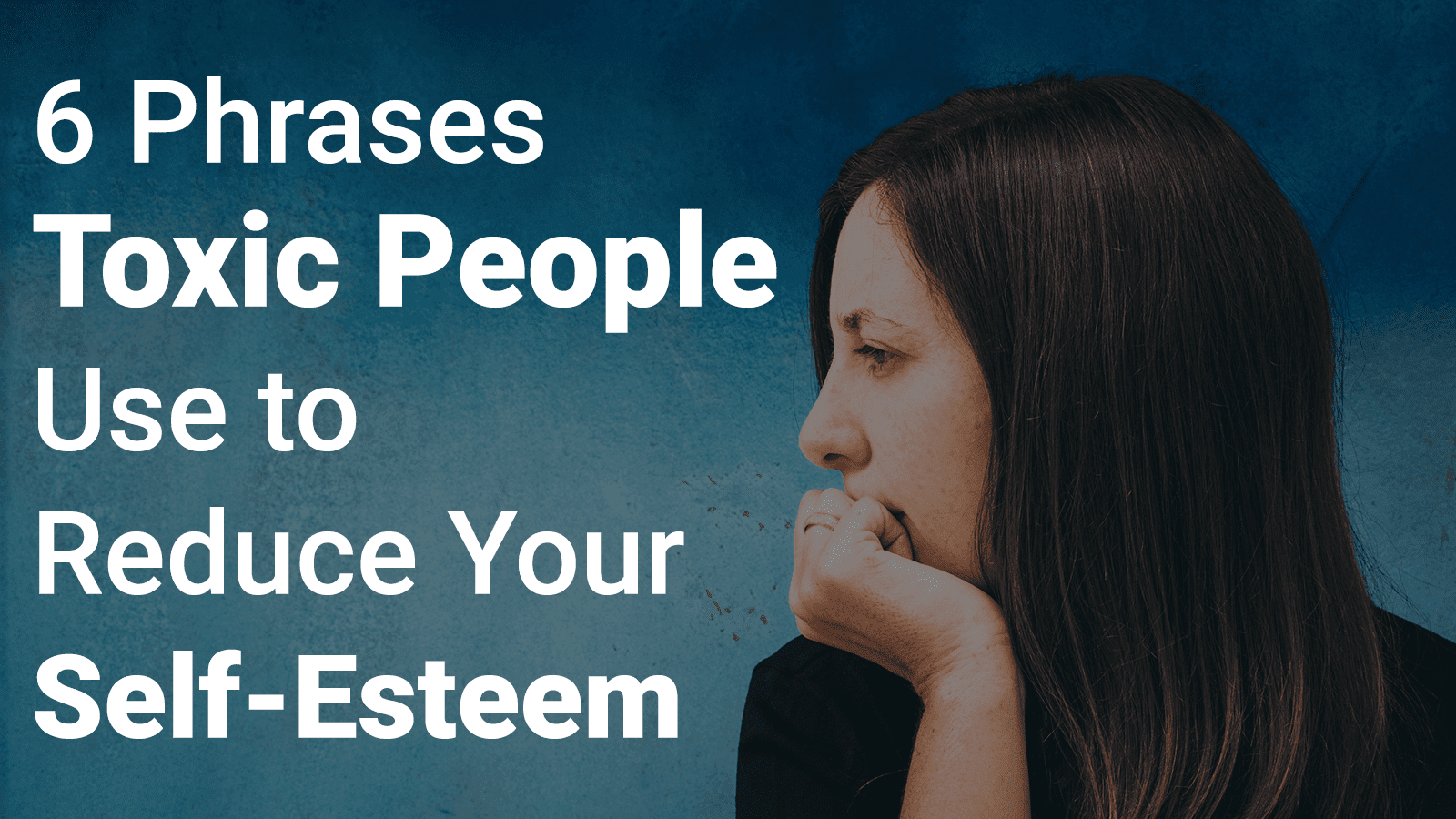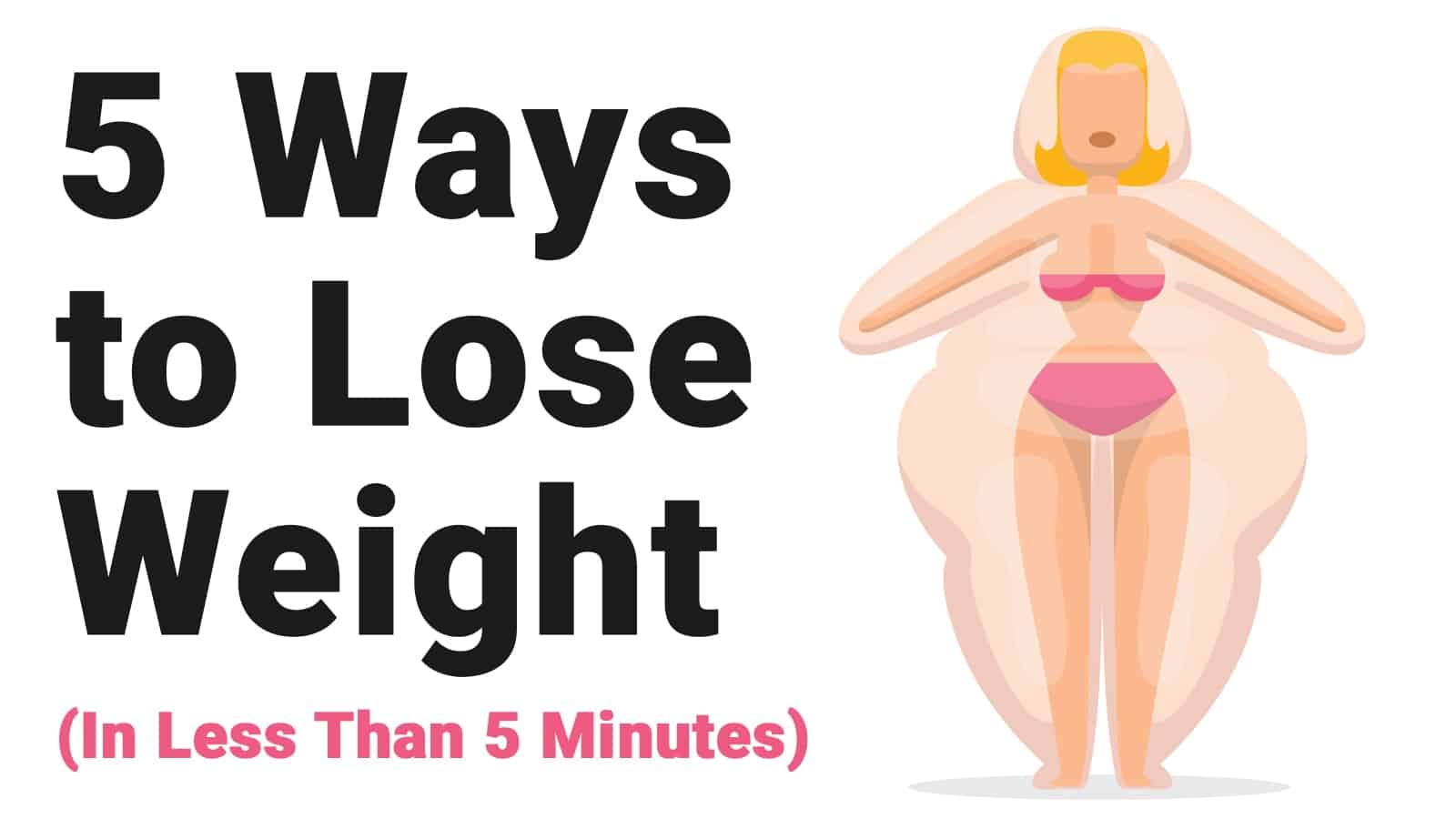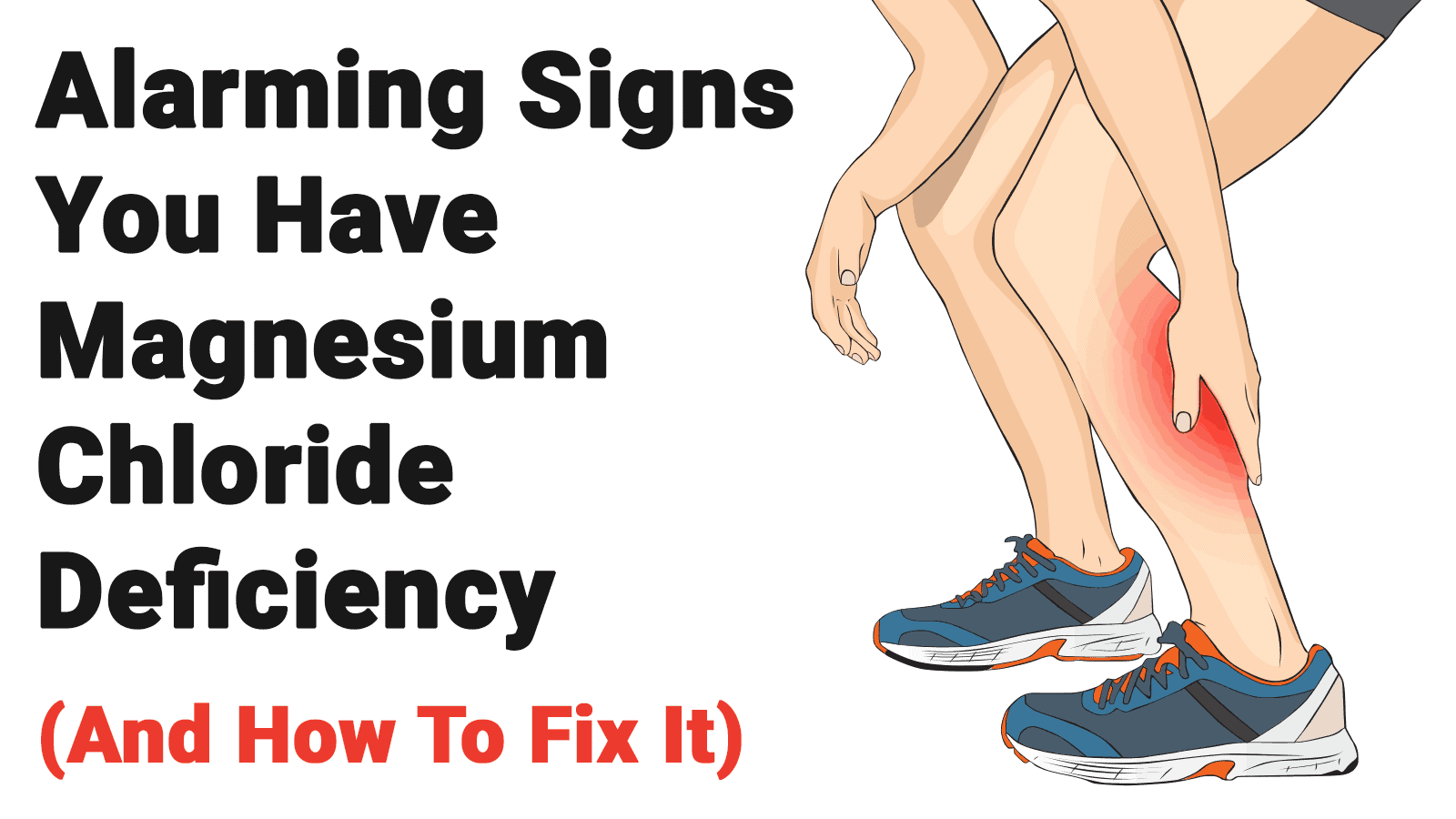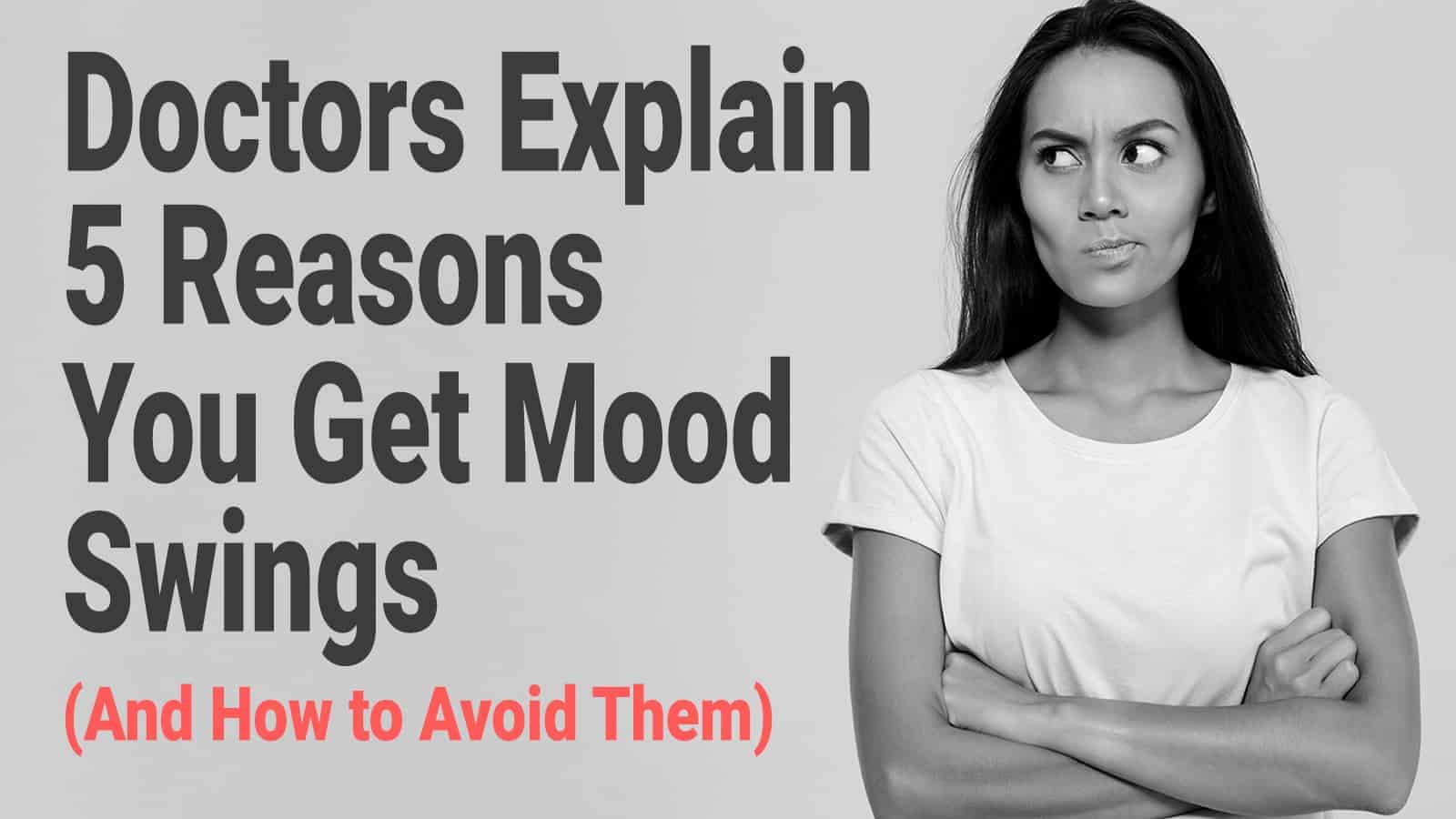Being dizzy frequently can become debilitating. The silver lining is that scientists understand the main causes of dizziness and how to avoid it once you receive a diagnosis.
Research shows that between thirty and forty percent of people in the United States will experience dizziness throughout their life. There are many causes of dizziness, so nearly one in five adults will struggle with this balance disorder at some point in their lives. The uncomfortable sensation can alert you to health problems, but it often is not a life-threatening issue.
Balance issues occur when there is a disruption to the connection between your eyes, vestibular system, and muscular system. Your brain uses those systems to process where you are and adjust as necessary. When your brain is unable to make adjustments, dizziness occurs.
Determining the causes of dizziness generally depend on the feeling you have. You might experience being off-balanced, lightheaded, or faint. Other signs of dizziness include blurred vision or feel like you are spinning, floating, or tilting.
When you feel this way, you want to eliminate the symptoms right away. Finding relief requires figuring out the cause of dizziness first, though. With that knowledge, you can take the necessary steps to overcome the problem and alleviate the unsettling feelings.
How Dizziness Affects The Body
Dizziness is a sign that something is off in your body. There are different types of dizziness, and each one affects your body differently.
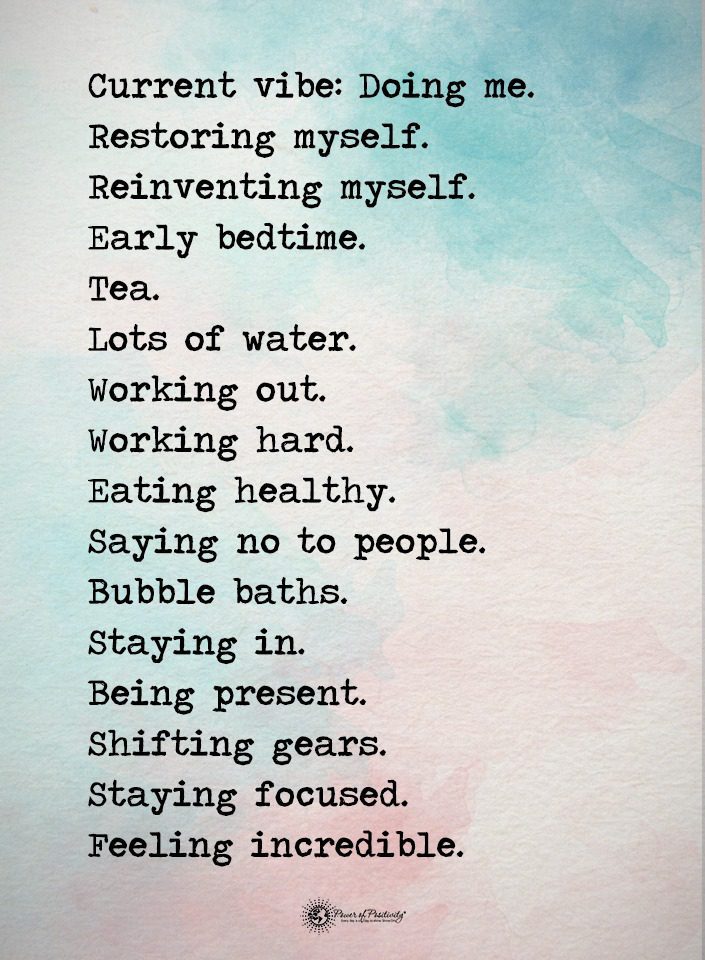 Presyncope
Presyncope
Presyncope is commonly referred to as lightheadedness and can make you pale, clammy, or feel like you’re going to pass out. This condition often happens when you’ve been seated for a long time and then stand up too quickly. It can indicate dehydration, but it can also be a sign of heart disease.
Presyncope doesn’t only happen when you stand up, however. It can happen anytime and cause you to feel ungrounded or as if you have a floating head. Additionally, it can cause you to overheat or feel anxious.
Vertigo
While vertigo is a familiar term to most people, not many know the effects it has on your body, however. It makes you feel like you are spinning around and then suddenly stopping. Vertigo also causes double vision, tingling, difficulty swallowing, and numbness.
You experience sensations of vertigo because the signals that your brain receives differ from what your eyes and sensory nerves receive. Commonly, vertigo is the result of inner-ear problems. It can also be a sign of kidney failure, toxin exposure, or multiple sclerosis.
Disequilibrium
Disequilibrium is when you feel off-balance, and it interferes with your ability to focus. It is often caused by ear infections but can also be a sign of neurological disorders such as multiple sclerosis or Parkinson’s disease.
Disequilibrium can also happen if blood flow to part of your brain stops or slows down. The sudden loss of blood flow can be a sign of a stroke, so pay attention to this. Additionally, a brain tumor pressing on your brain can cause disequilibrium, as well.
Unspecified Dizziness
Sometimes you can’t figure out what type of dizziness you are experiencing, making it unspecified dizziness. Sometimes, the causes of dizziness, in this case, include fatigue, medication side effect, overheating, and dehydration.
Illnesses That Might Cause Dizziness
Now that you understand the main types of dizzy feelings, here are the illnesses that can cause it.
Autoimmune Disorders
Autoimmune disorders can make you feel dizzy as they attack your nervous system. Guillain-Barre is a disorder that attacks the peripheral nervous system, which is on the outside of the central nervous system. This disorder will make you dizzy, but you’ll also experience tingling sensations starting at your feet and working through your upper body.
Heart Disease
When your heart isn’t supplying enough oxygenated blood to your brain and body, you’re likely to feel dizzy. Heart disease is one of the more dangerous causes of dizziness, and you can’t ignore it if you think it could be the problem. Cardiac arrhythmias and stroke can cause presyncope, as well.
If you notice other symptoms of heart disease along with dizziness, you should seek medical attention immediately. These signs include chest pain, shortness of breath, nausea, or arm, back, or jaw pain. If you are having a stroke, you might experience a sudden headache, numbness, weakness, visual changes, difficulty walking, or slurred speech.
Vitamin Deficiency
When your body is deficient in vitamin B1, you can develop a condition called Wernicke’s encephalopathy. This condition brings about dizziness, memory problems, and difficulty walking. Luckily, you can overcome this condition by taking vitamin B1 supplements each day.
Brainstem Infections
Dizziness occurs as a result of brainstem infections such as cryptococcus, labyrinthitis, and listeria. These conditions lead to inner-ear inflammation, which is one of the most common dizziness causes. If you have a brainstem infection, you might also experience sudden hearing loss or nausea.
Vertebrobasilar Insufficiency
Vertebrobasilar insufficiency causes less blood flow to your brainstem, resulting in dizziness. If you don’t get this condition treated quickly, it can lead to stroke or brain damage. This insufficiency often happens because blood vessels between the heart and brain become blocked.
Endocrine Tumors
Endocrine tumors can secrete hormones excessively and release the hormones into your bloodstream. When this happens, it causes dizziness, weakness, and disorientation. These tumors are rare and aren’t always cancerous, but the excessive hormone secretion is detrimental either way.
 When Should You Seek Medical Treatment?
When Should You Seek Medical Treatment?
Usually, causes of dizziness don’t require immediate medical care. You can typically regain your equilibrium by resting and drinking plenty of water. When that isn’t the case, though, pay close attention.
If the dizziness accompanies any other symptoms, be vigilant because it could indicate something more serious. With some symptoms, you should seek medical treatment immediately. These symptoms include the following:
- severe headache
- difficulty breathing
- numbness (especially in your face)
- vomiting
- fever
- seizure
- chest pain
- vision problems
- slurred speech or trouble speaking
- fainting
- irregular heartbeat
- confusion
- difficulty walking
- a sudden change in hearing
Many of these symptoms point to a stroke or cardiac arrest, so call 911 right away.
How To Avoid Dizziness
Most of the time, causes of dizziness can be resolved and prevented at home. If you want to avoid medical care for this problem, learning to avoid dizziness is essential.
1. Stay Hydrated
One of the biggest dizziness causes is dehydration because your blood pressure levels can drop dangerously low. When this happens, it slows the flow of oxygen to your brain, causing you to feel dizzy or lightheaded.
By ensuring you drink plenty of water each day, you can avoid this unsettling feeling of disorientation. Drink at least 64 ounces of water each day, but drinking more than that is the best option.
2. Assess Your Medication
While your medication might be necessary to maintain health conditions, it could be causing dizziness. Check the side effects of your medication and talk to your doctor if you think it’s a problem. Your doctor might be able to prescribe a different medication or change your dose to alleviate the dizzy feeling.
If you are taking any supplements, make sure you tell your doctor about those, too. Some supplements can cause a detrimental reaction when mixed with prescribed medication.
3. Monitor Your Blood Sugar
Low blood sugar can cause dizziness, confusion, sweating, shakiness, and intense hunger. If this happens to you, monitoring your blood sugar could make a difference. Try to eat or drink something sweet and see if it helps alleviate the disorienting feeling.
4. Consider Infections
Some infections can cause the nerves in your ears to become inflamed, impacting the inner and middle ear. When this happens, dizziness is unavoidable and can last for weeks, even after you think that the infection has run its course. Once your body has fully recovered, you will find relief from the lightheadedness.
The only way to avoid dizziness caused by inflammation is to try and avoid getting sick. You’re bound to catch a virus at some point, but washing your hands regularly and staying away from sick people can help.
5. Controlling Meniere’s Disease
This disease results in vertigo, hearing loss, anxiety, and nausea, with the symptoms lasting for hours at a time. Once the symptoms subside, you will experience exhaustion due to the duration of the episode. There’s no cure for Meniere’s disease, but you can manage the symptoms under a doctor’s care.
If you have Meniere’s disease, make sure you get enough sleep because fatigue can trigger an episode. Wearing a hearing aid can help alleviate dizziness, and you can do exercises to regain your balance. Experts also recommend avoiding salt, caffeine, tobacco, and alcohol.
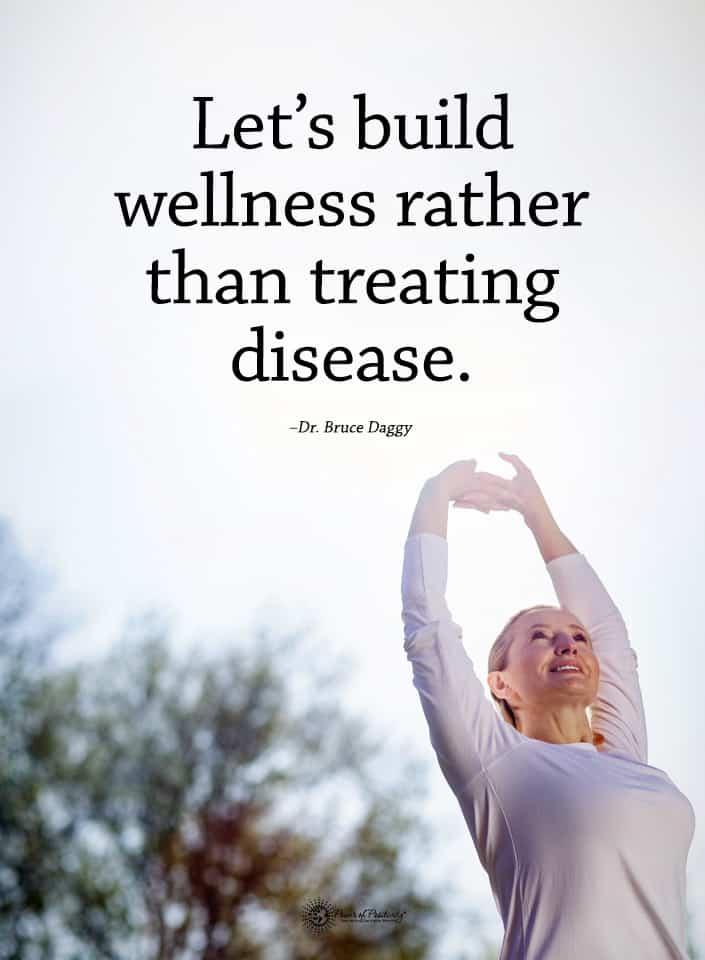 Final Thoughts on Causes of Dizziness (And How to Avoid It)
Final Thoughts on Causes of Dizziness (And How to Avoid It)
While dizziness is common, figuring out the underlying cause can make all the difference. You can alleviate many dizziness causes at home, but more serious situations require medical attention.
Pay attention to your body to see if the dizzy feeling accompanies any other symptoms. Likewise, consider what could be triggering the bouts of dizziness. Doing this can help you determine whether a doctor’s visit is necessary or if you can address the problem at home.
Balance disorders affect most people at some point in their lives, but you don’t have to keep suffering. Through understanding, you can find ways to relieve your current symptoms. Plus, learning how to avoid dizziness can improve your life and your overall well-being moving forward.

